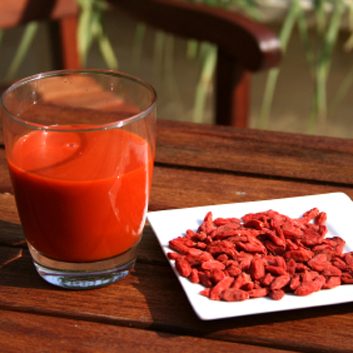7 health conditions that are helped by antioxidants
What the latest research tells us on antioxidants’ effect on certain diseases and conditions, such as heart disease, asthma and allergies

Source: Best Health Magazine, January/ February 2009
-
Cardiovascular disease (CVD): Diets high in fruit, vegetables, whole grains, nuts and tea reduce the risk of CVD. How much of this is because of their antioxidants isn’t known. Red wine, which contains resveratrol, also reduces the risk. And dark chocolate may be good for the heart, but make sure you’re aware of its fat and calories.
-
Fertility: A recent study found that men who took supplements of lycopene, vitamins E and C, zinc, selenium, folate and garlic had more than double the success in IVF of other men. Free-radical damage to sperm is thought to be a major cause of infertility.
-
Macular degeneration: Studies show that the antioxidants lutein and zeaxanthin protect against further degeneration of the retina.
-
Cystic fibrosis (CF): Antioxidant therapy using vitamins A, D, E and K and glutathione have shown some success. People with CF have trouble digesting food, so work is underway to deliver fat-soluble antioxidants via an inhaler.
-
Allergies and asthma: Kids who eat a lot of tomatoes, eggplant, zucchini and green beans are less likely to get asthma. The antioxidants alpha carotene, beta carotene, vitamin C and lycopene may protect lung tissue.
-
Cancer: A high intake of fruit and vegetables protects against some cancers. For those undergoing chemotherapy, however, the concern is that high intakes of antioxidants may impede treatment, since some chemotherapy drugs use free radicals to destroy cancer cells. Talk to your doctor.
-
Bone health: Recent research has found that drinking tea can give you stronger bones as you age. Green tea may reduce inflammation and pain in rheumatoid arthritis.
This article was originally titled "Antioxidant-Rich Fare," in the January/February 2009 issue of Best Health Magazine. Subscribe today and never miss an issue!




